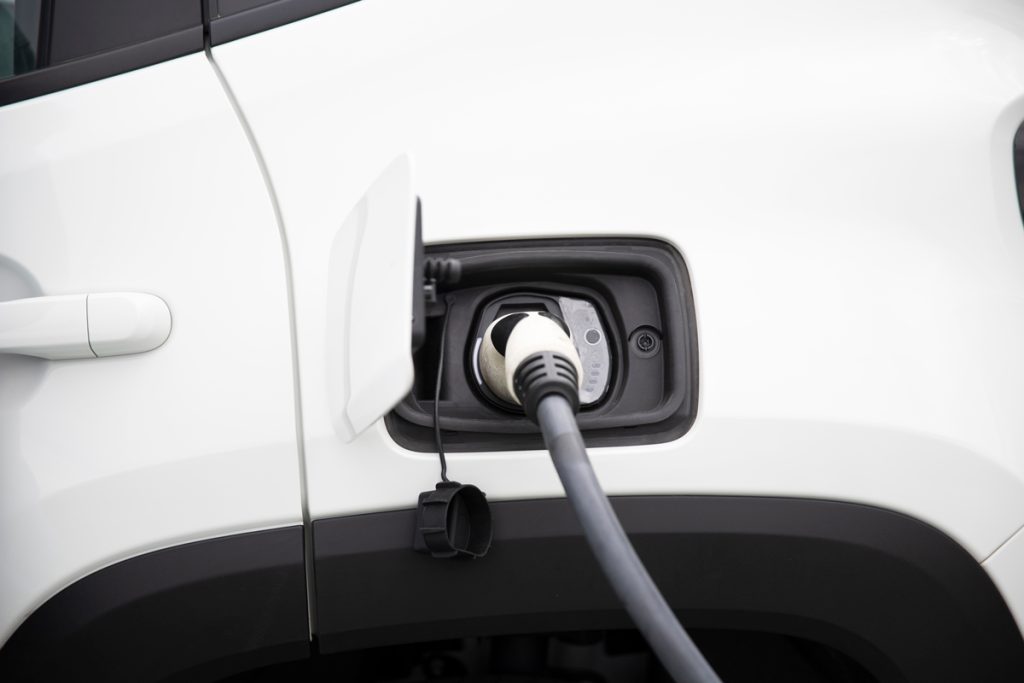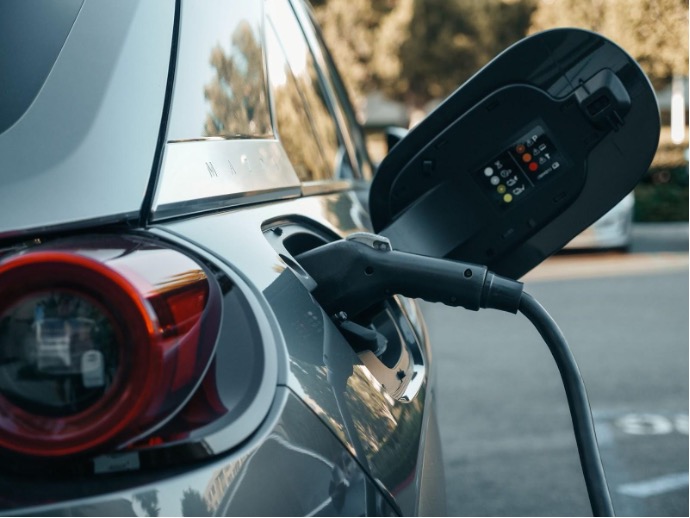Renewable energy isn’t just the future; it’s dynamically shaping our present. Did you know that solar power is projected to become the world’s predominant power source by 2050, according to Inspire Clean Energy? A single wind turbine can energize up to 1,500 homes for a year. Contrary to some misconceptions, green electricity is affordable, reliable, and occupies minimal land space.
In recent years, we’ve seen the power of clean energy driving on our roads. With the rise of electric vehicles (EVs), we’re seeing a shift in how we perceive transportation, energy consumption, and environmental sustainability. One of the most compelling arguments in favor of electric vehicles is their potential to reduce harmful emissions. Unlike traditional internal combustion engine vehicles, EVs produce zero tailpipe emissions, thus significantly reducing air pollution and mitigating the adverse effects of climate change. But the benefits don’t stop there. Read on to learn how clean energy has even more impacts.

Clean Energy Financial Benefits
Investing in clean energy doesn’t just help the environment, it can help your wallet too. Clean energy paves the way for households to save an average of $500 per year, says American Progress. The International Renewable Energy Agency confirms that renewables have become the most cost-effective form of power, saving $55 billion (about $170 per person in the US) in global energy generation costs in 2022 alone.
Residential solar panels provide homeowners with the ability to significantly cut their energy bills by generating their own power. The initial investment in solar technology is offset by long-term savings, enhanced property values, and financial incentives like tax credits and net metering programs.
According to IRS.gov, if you invest in renewable energy for your home such as solar, wind, geothermal, fuel cells or battery storage technology, you may qualify for an annual residential clean energy tax credit.
KGO Financial Analyst David Kopera explains the savings behind solar panels:
Adding solar panels to your home increases the value by 4.1% on average. In a time where the power grid becomes even more strained, you can argue the value of homes with solar panels will increase even more since it reduces your reliability on a taxed power grid. If you pair your solar system with battery storage, you could become completely energy independent and even sell electricity back to the grid in some instances, making you even more money.
David Kopera, Financial Analyst

Switching to an electric vehicle also offers significant financial advantages, including substantial savings on fuel costs and reduced maintenance expenses due to fewer mechanical parts compared to traditional vehicles. Additionally, owners often benefit from federal and state tax incentives and rebates, making EVs a cost-effective choice. According the IRS.gov, you may qualify for a tax credit of up to $7,500 for buying a qualified EV.
Businesses purchasing new or used electric vehicles for commercial use can qualify for tax credits under different parameters, potentially covering a significant portion of the cost depending on the vehicle and its use.
Together, EVs and solar installations not only foster sustainable living but also yield valuable financial benefits over time.
KGO’s Support for Clean Energy Initiatives, and Lessons Learned
KGO is currently assisting a client develop the infrastructure necessary for a clean energy initiative. The client’s goal is to have its entire fleet of vehicles be electric by 2030. With this change comes the need for an infrastructure to support it. KGO is overseeing the project with expertise in design and project management. Our aim has been to refine a design and execution strategy that not only scales effectively, but is also executed with efficiency. This effort has contributed to our portfolio of sustainable solutions and been a cornerstone in our understanding of eco-friendly infrastructure development. It’s these experiences that have shaped the lessons we’ve learned along the way.
Take a look at some of these key recommendations regarding deploying EV charging stations:
Consider how long users will be at the facility. The duration users spend at our facilities significantly impacts the type of EV charger that best meets their needs, as some chargers require several hours in order to become fully charged.
Don’t always go with the cheapest option. It’s tempting to gravitate towards the least expensive option, but evaluating service providers on their repair timelines, material delivery speeds, and warranty specifics is crucial.
Think about your available parking lot space. Integrating chargers into parking infrastructure requires careful planning, particularly for larger vehicle requirements.
Double-check the design. The correct positioning of wall-mounted chargers is crucial because a design oversight can lead to the inability for the vehicle to be able to reach the port. This is especially important when dealing with large trucks.
Plan for future needs. It’s essential to ensure the infrastructure being installed today can support future expansions. For instance, if a transformer is currently adequate but might not support a future project requiring higher electricity loads.

Check out our case study on how we’ve been helping a Fortune 500 company update their infrastructure meet a goal of a fully electric fleet by 2030.
Employee Experiences with EVs
KGO’s support to clean energy doesn’t stop with our clients. Several of our team members drive electric vehicles. Our leaders Selva Gunenc and Jen Olson, for instance, have chosen hybrid vehicles, which offer the flexibility of short-range EV use.
Oguz Algan, Director of IT, shares a unique perspective, having switched from a plugin hybrid to a full EV, even converting his sailboat’s motor to electric.
Assistant Project Manager, Luba Arefeva, swears by her EV for its cost-effectiveness and eco-friendliness. Lower maintenance costs and zero fuel expenses are not only financially astute but also environmentally conscious.
Watch the video for some words of advice from Luba.
At KGO, we don’t just champion renewable energy; we live it. From the personal choices of our team members to the infrastructure we work to support, sustainability is woven into our corporate fabric. As we continue to share our journey and the lessons learned, we remain dedicated to supporting others in their transition to clean energy.
